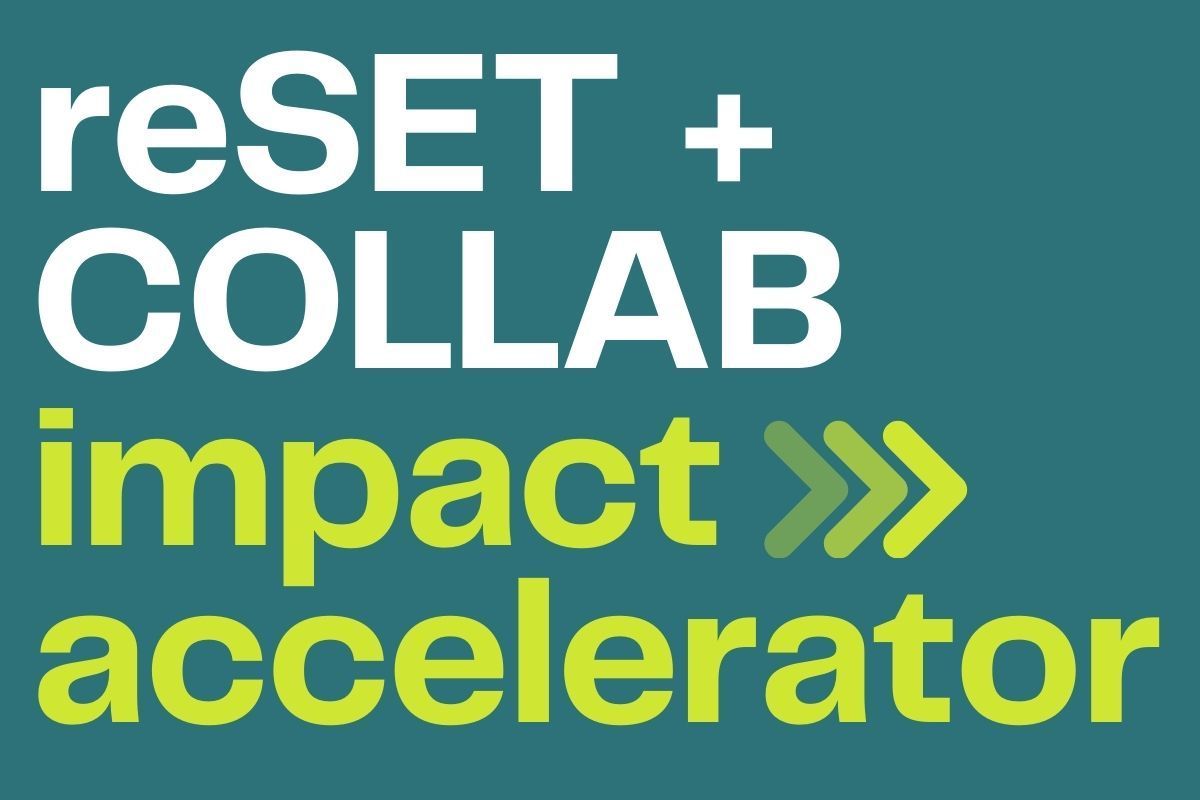By: Murtha Cullina Associate, James McLaughlin
On May 7, 2014, the Connecticut legislature passed the Connecticut Benefit Corporation Act (the “Act”). The Act, which Governor Dannel Malloy has indicated he will sign, will become effective on October 1, 2014. With the enactment of this legislation, Connecticut joins twenty-six other states that offer this new corporate entity, called a “benefit corporation,” to entrepreneurs and investors who want to operate a for-profit business while also pursuing socially-minded objectives. The inclusion of an optional “legacy preservation provision,” which is unique to Connecticut’s Act, makes it the most comprehensive version of benefit corporation legislation in the nation.
How Benefit Corporations are Different
Presently, and historically, a standard business corporation’s focus has been to enhance shareholder value to the exclusion of other considerations. Straying from this narrow focus could subject directors to an action for breach of their fiduciary duty to the corporation. The benefit corporation is designed to accommodate a growing number of entrepreneurs and investors seeking a form of business that allows them to pursue an expanded mission that embraces societal good along with profits.
While it may seem that a benefit corporation is somewhat of a hybrid between a for-profit and a not-for-profit corporation, this is not the case. A benefit corporation is a type of business corporation, incorporated under the Connecticut Business Corporation Act, but with a broadened purpose to create societal good. Both benefit corporations and standard corporations share many of the same features, though benefit corporations differ in several important ways and are subject to additional requirements, among which include:
Corporate Purposes
A benefit corporation’s certificate of incorporation must specify that it has, in addition to any purpose for which it is formed, a purpose to create a general public benefit. A “general public benefit” is a material positive impact on both society and the environment, taken as a whole, as assessed by a third-party standard, from the business and operations of the corporation. Additionally, a benefit corporation may identify any one or more of seven “specific public benefits” including protecting or restoring the environment, improving human health, promoting the arts, sciences or advancement of knowledge, and promoting economic opportunity for individuals and communities beyond the creation of jobs in the ordinary course of business.
Director and Officer Duties
While directors and officers of standard corporations must focus primarily on maximizing financial returns to investors, the directors and officers of benefit corporations must also consider and prioritize the impacts of their corporate decision making on several additional stakeholders including the employees and clients of the corporation, the community in which the benefit corporation is located, the local and global environment, and the ability of the corporation to accomplish its general public benefit purpose and any specific public benefit purpose. In return, benefit corporations receive greater statutory protection to pursue sustainable business goals and to maintain their beneficial purpose over time (prior to the enactment of benefit corporation legislation, this protection was only available in Connecticut to standard corporations with shares listed on a national stock exchange) and are provided with the means to differentiate their business and transparently report on their performance in pursuing a positive impact on society and the environment.
Transparency and Annual Reporting Requirements
The Act requires benefit corporations to prepare an annual benefit report detailing their activities and their progress in creating a general public benefit, which must also include an assessment of the overall social and environmental performance of the benefit corporation against a third-party standard adopted by the corporation’s directors or shareholders. These annual reports must be posted to the corporation’s website as well as sent to the corporation’s shareholders no later than 120 days after the end of the corporation’s fiscal year.
Enforcement
The directors and shareholders of a benefit corporation have the right to bring an action called a “benefit enforcement proceeding” against the corporation, its directors or officers for failing to pursue or create a public benefit or for a violation of a duty or standard of conduct under the Act. This right is exclusive to shareholders and directors of the benefit corporation; no governmental entity or third party may initiate a benefit enforcement proceeding. While a benefit enforcement proceeding is designed to hold the corporation and its directors and officers to a higher standard, it cannot hold them liable for monetary damages, leaving only injunctive relief and similar equitable remedies available. Further, the Act specifically provides that directors and officers do not have a fiduciary duty to the beneficiaries, if any, of any of the public or specific benefit purposes of the corporation.
Legacy Preservation Provision
The legacy preservation provision, or LPP, is unique to Connecticut and provides a benefit corporation’s shareholders with the opportunity to preserve their corporation’s status as a benefit corporation in perpetuity, despite changes in management or ownership. Under the Act, a benefit corporation’s shareholders may choose to revert to a standard business corporation or different legal entity with a vote of shareholders owning two-thirds of the corporation’s stock. The voluntary legacy preservation provision locks in the benefit corporation’s social mission as a fundamental part of its legal operating structure. Following a waiting period of two years and a unanimous vote by all shareholders, a benefit corporation may amend its certificate of incorporation to provide that its status as a benefit corporation is irrevocable. This also means that a benefit corporation that has adopted the LPP (1) may only enter into a merger in which the surviving entity is a benefit corporation that has adopted its own LPP; (2) may only enter into a share exchange in which the shares of the benefit corporation will be exchanged for shares of another benefit corporation that has adopted its own LPP; and (3) may only enter a lease, sale or other disposition of its assets, including a liquidation upon dissolution, in which such assets are transferred or distributed to either another benefit corporation that has enacted its own LPP or to a 501(c)(3) charitable organization.
How to Become a Benefit Corporation
The Act, once signed by Governor Dannel Malloy, will become effective on October 1, 2014. On that date, businesses can elect to become benefit corporations in any of three ways:
New Businesses
A new business may incorporate as a benefit corporation under the Connecticut Business Corporation Act by filing a certificate of incorporation that states it is a benefit corporation.
Existing Corporations
An existing Connecticut corporation may amend its certificate of incorporation to include a statement that it is a benefit corporation. This amendment must be approved by a vote of two-thirds of the shares of each class or series of shareholders, regardless of any limitation stated in its certificate of incorporation or bylaws on the voting rights of any class or series.
Other Entities
Any other entity that is not a Connecticut corporation and is otherwise allowed by its public organic law to convert into, or enter into a merger or share exchange with, a Connecticut business corporation may become a benefit corporation through a conversion, merger or share exchange, provided that such conversion, merger or share exchange must be approved by a vote of the holders of at least two-thirds of each class or series of equity interest in the entity, regardless of any otherwise applicable limitation on the voting rights of any such class or series.
Please contact any of the Murtha Cullina attorneys below if you have any questions regarding the information discussed within this bulletin:
Marcel J. Bernier: (860) 240-6087 or at mbernier@murthalaw.com
James W. McLaughlin: (860) 240-6118 or at jmclaughlin@murthalaw.com
David A. Menard: (860) 240-6047 or at dmenard@murthalaw.com
Edward B. Whittemore: (860) 240-6075 or at ewhittemore@murthalaw.com








